L’Italia è una terra ricca di meraviglie e posti tutti da scoprire. Turisti provenienti da tutto il mondo vengono a visitare i borghi del Paese alla scoperta di strade e vicoli caratteristici che offrono scorci unici al mondo, caratterizzati da piccole e strette stradine pittoresche, acciottolate e in pietra che spesso si inerpicano verso alture e posti panoramici che affacciano su viste mozzafiato. Perdersi tra i vicoli e le strade dei borghi italiani è uno dei migliori modi per conoscere paesini e tradizioni popolari del posto tra locali tipici, trattorie e botteghe di artigiani ed artisti.

Burano, una perla nella laguna di Venezia
L’isola di Burano si trova nel cuore della laguna di Venezia. La prima cosa che colpisce gli occhi è la vivacità dell’ambiente, caratterizzato da case colorate che donano un aspetto davvero vivace e suggestivo a tutto il borgo che sorge sull’isola. Non mancano artigiani che realizzano i caratteristici merletti tipici del luogo e deliziose osterie dove assaporare la cucina del luogo.
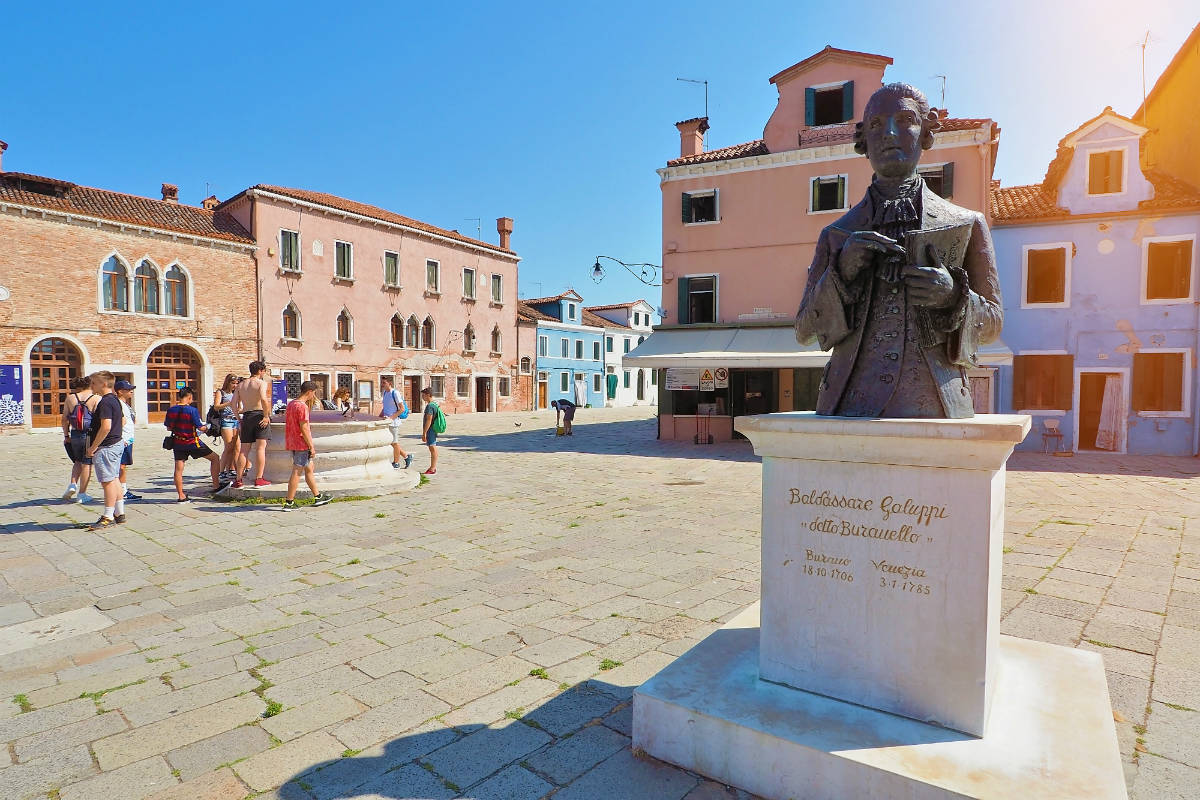
Amalfi, un intreccio che affaccia sul mare
Amalfi è un borgo davvero particolare e suggestivo, costituito da una trama di stradine, vicoli e scale che permettono di accedere alla parte alta per godere di una meravigliosa vista sul golfo. Le strade si inerpicano nel borgo portando il visitatore alla scoperta di scorci magici e romantici, molti dei quali a picco sul mare.
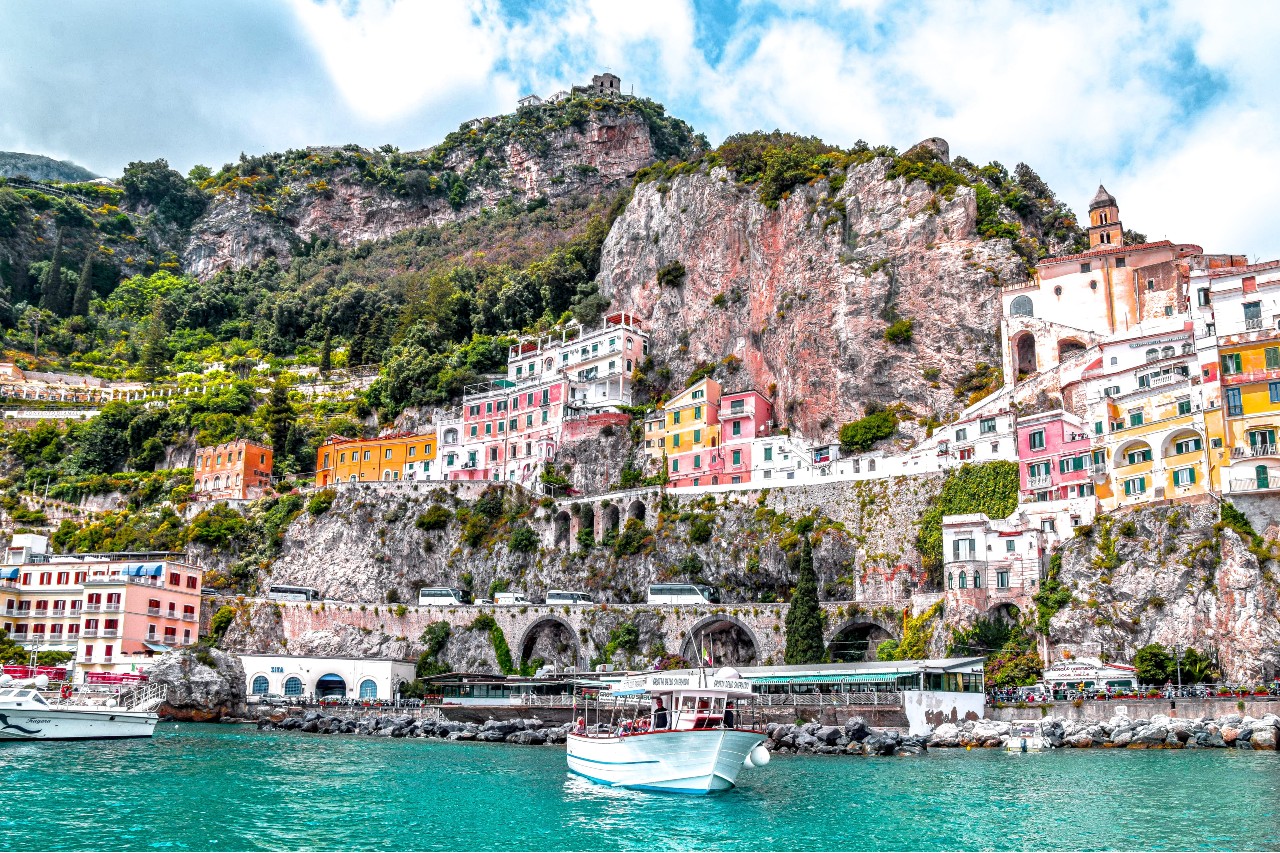
Montefioralle, una meraviglia nel cuore del Chianti
Tra le dolci colline del Chianti, sorge un piccolo borgo chiamato Montefioralle. La cittadina è caratterizzata da piccoli vicoli in pietra circondati da casette ed edifici caratteristici, antichi e carichi di storia. Le stradine che salgono e formano il centro storico del paesino sono un vero e proprio gioiellino tutto da scoprire.

Alberobello, non solo trulli
Alberobello, in Puglia, è una cittadina famosa soprattutto per le caratteristiche abitazioni che la compongono, i trulli. Le tipiche casette bianche col tetto in mattoni a punta sorgono all’interno di una fitta rete di stradine e vicoli tortuosi. Il paese è sempre in fermento e l’anno di Alberobello è ricco di eventi a partire dal Carnevale e dalle tante serate estive, ricche di sagre, feste e processioni religiose.
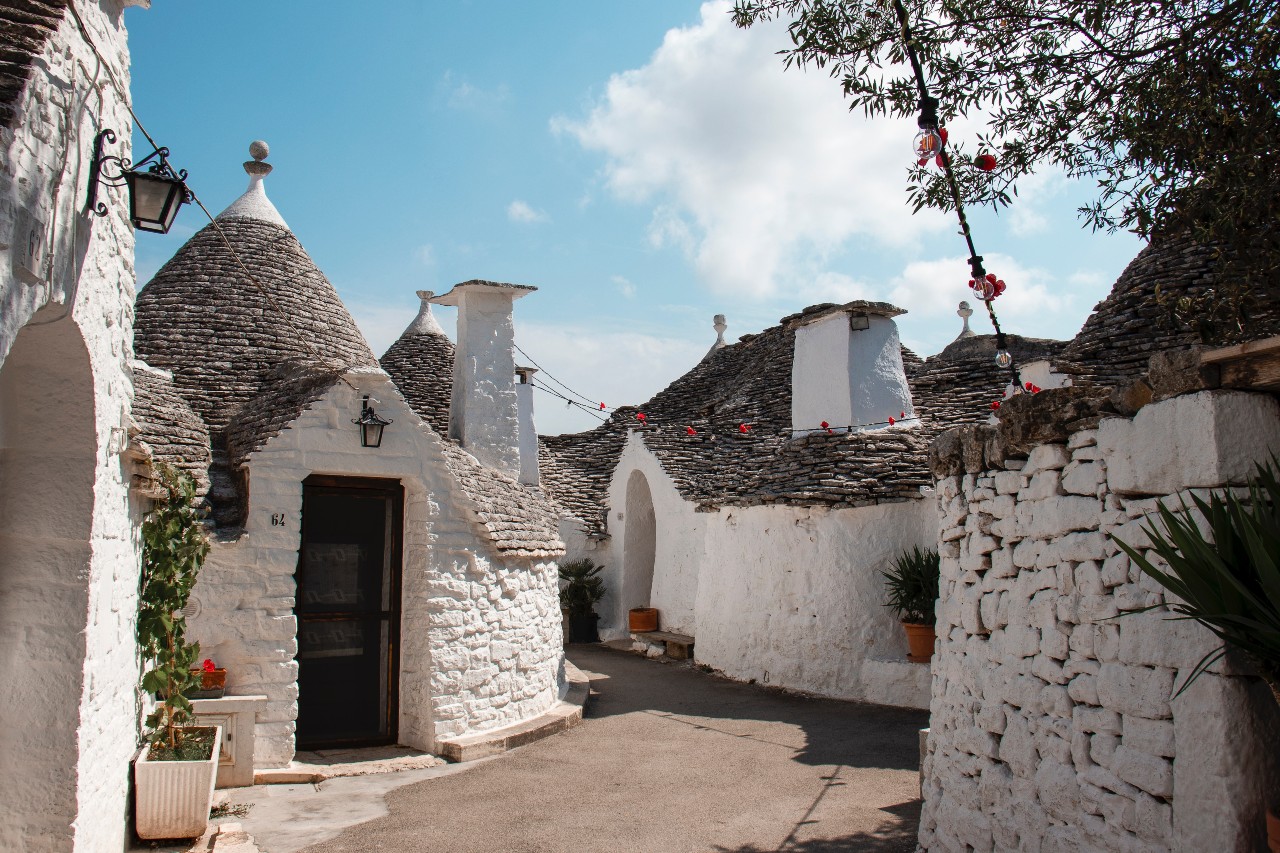
Ostuni, la città bianca
Restando in Puglia, un’altra cittadina da non perdere è Ostuni. Il nome di “Città Bianca” è dovuto proprio al colore delle sue case (e spesso anche delle porte e delle strade), bianche come il latte. Il paese, in provincia di Brindisi, sorge su un’altura ed è facilmente riconoscibile anche da lontano. Camminando tra stradine in salita e caratteristici vicoli si raggiunge la cima per godere del panorama circostante.
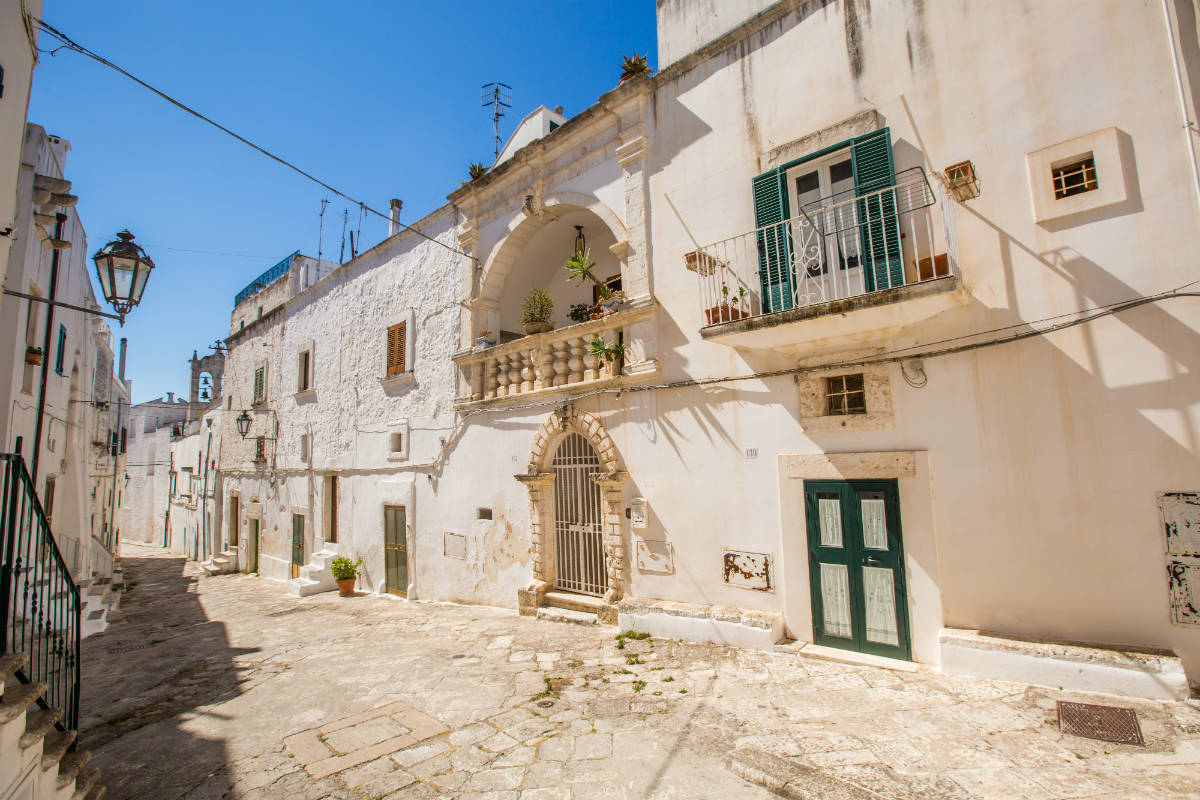
Tursi, piccola sorpresa della Basilicata
In provincia di Matera, la famosa “Città dei Sassi”, sorge un borgo suggestivo e caratteristico chiamato Tursi. Si tratta di un centro dalla struttura medievale, ancora ben visibile nonostante i secoli. Il borgo, infatti, è nato nei dintorni del castello per poi crescere e svilupparsi verso la vallata, assumendo un’originale forma allungata. I rioni che suddividono il centro storico sono davvero spettacolari, caratterizzati da piccole case in pietra e tantissimi vicoli ripidi e stretti, fatti in pietra e ciottoli proprio come in origine.

I Caruggi liguri
I cosiddetti “caruggi” indicano i vicoli e le stradine molto strette che formano cittadine e paeselli della Liguria. A Genova “Caruggi” è un quartiere del centro storico, caratterizzato proprio dai tanti vicoletti e dalle stradine ricche di locali e luoghi tipici dove ammirare la quotidianità della città.

Spello, la bomboniera umbra
Spello si trova poco lontano da Foligno e si è guadagnato il titolo di “uno dei borghi più belli d’Italia”. Nonostante il tempo, questo caratteristico paesino ha mantenuto praticamente intatta la struttura originaria, fatta di stradine acciottolate, piccole piazze pittoresche e tantissimi fiori colorati che sono diventati un tratto distintivo della città per dare vivacità e allegria a vicoli e strade.
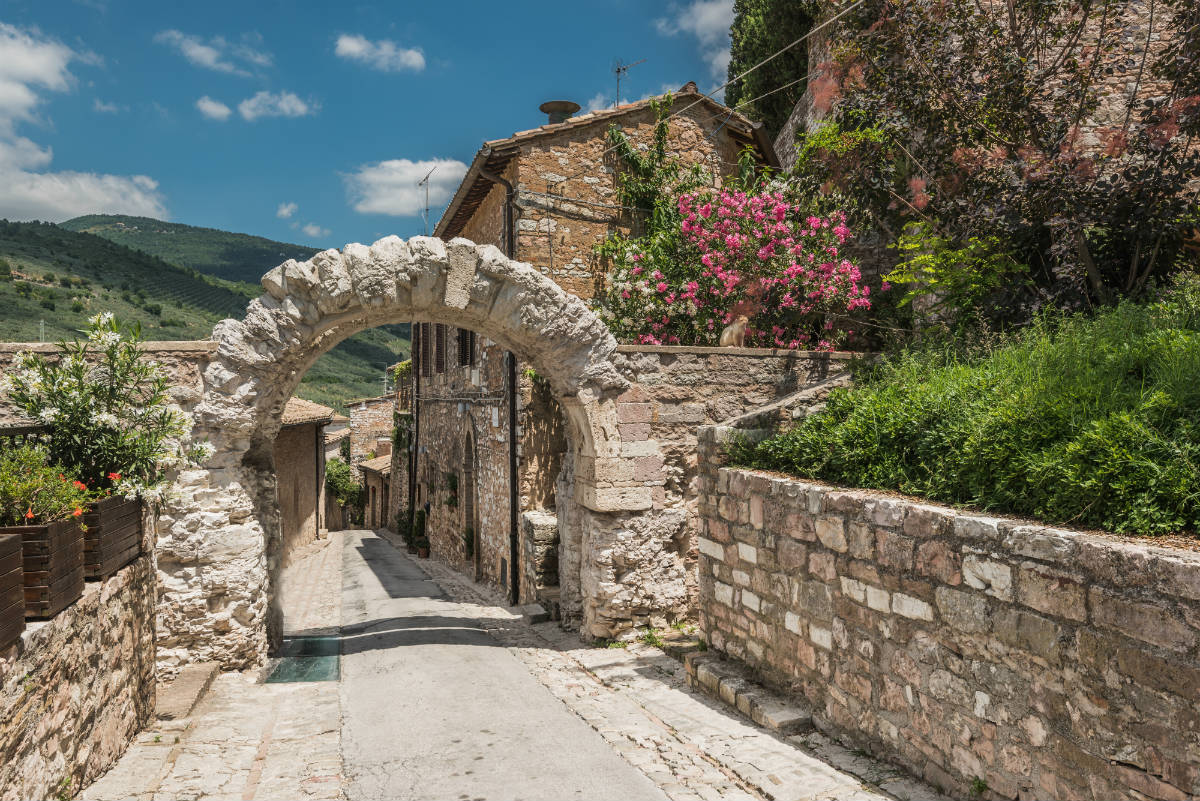
Calcata, il Paese degli artisti
In provincia di Viterbo, a circa un’ora da Roma, sorge un piccolo borgo davvero particolare, che sorge su uno sperone di tufo ed è caratterizzato da una serie di piccoli vicoli e stradine ricche di locali dove artigiani ed artisti mostrano le proprie abilità ai turisti. Immerso nella valle, il paesino offre scorci e affacci da togliere il fiato.
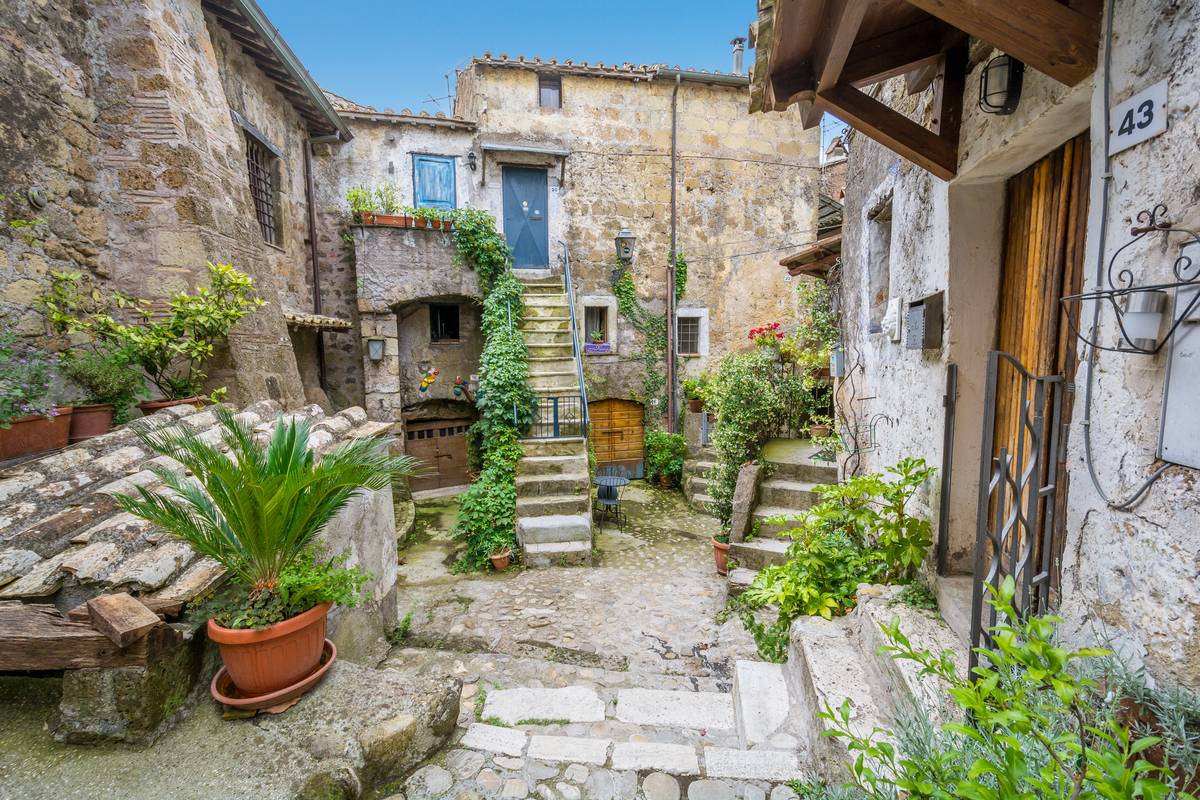
Civita di Bagnoregio, il “Paese che muore”
Restando nel Lazio, non può mancare Civita di Bagnoregio, un paese davvero unico al mondo. Si può accedere al centro storico soltanto percorrendo un lungo ponte da cui si vede il borgo, praticamente isolato dal resto dei dintorni. L’interno del centro è costituito da stradine ed edifici in tufo tra cui perdersi ascoltando le leggende della zona e ammirando gli artigiani al lavoro.
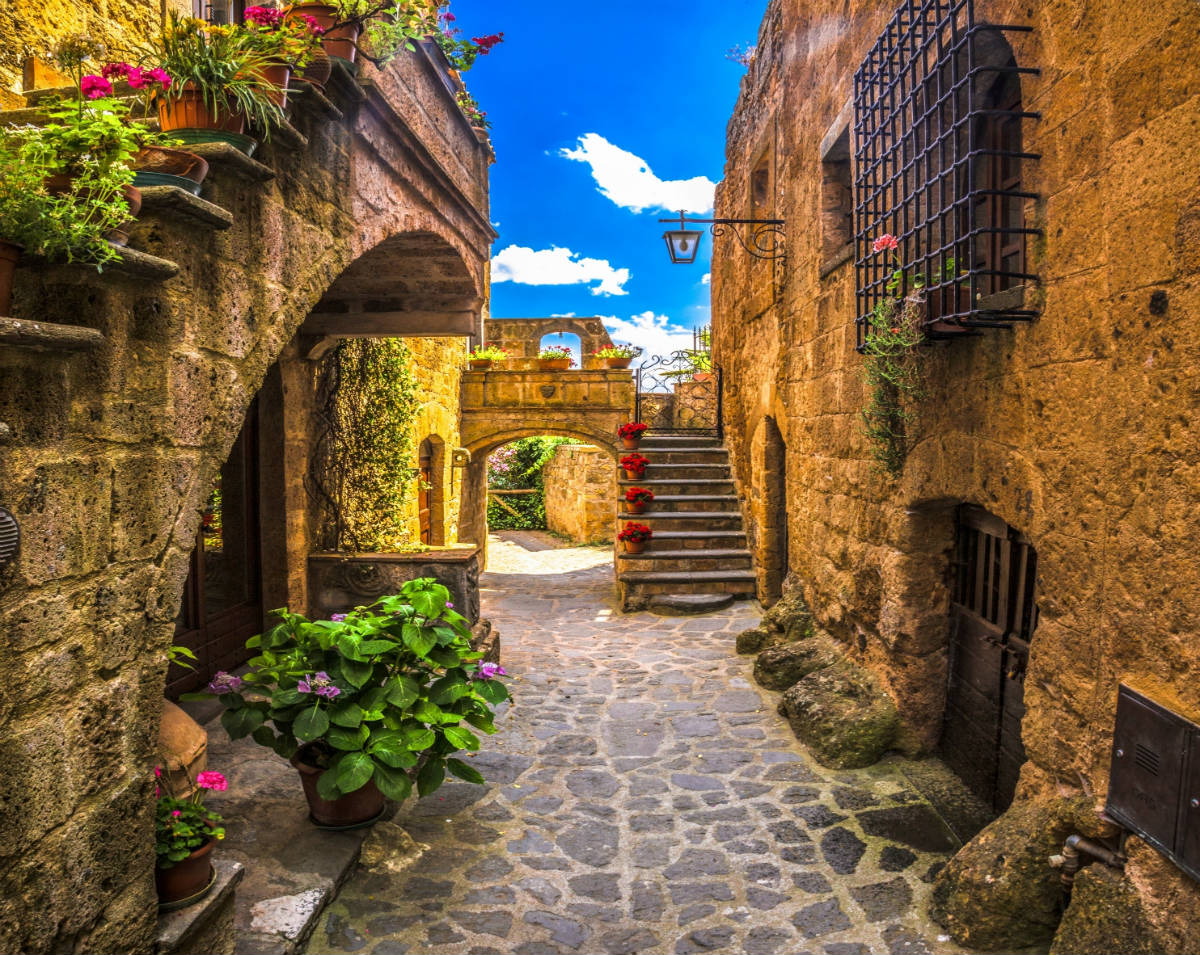


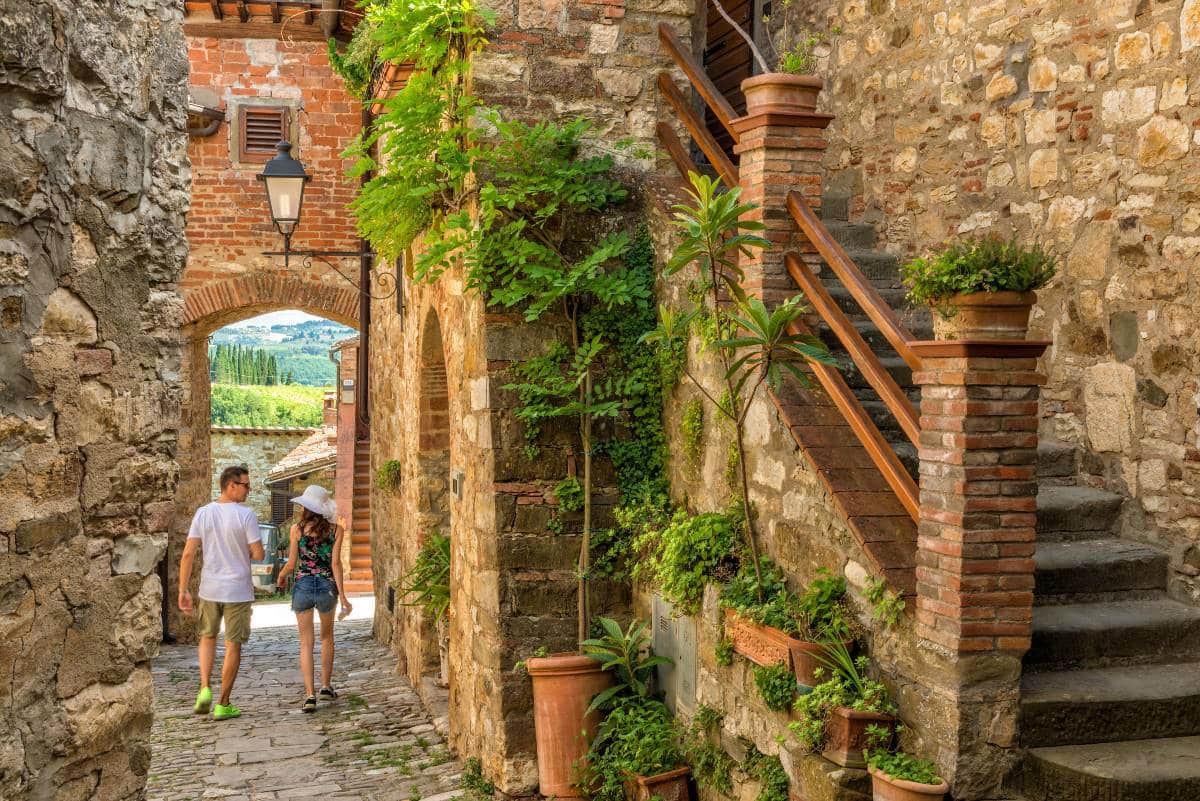
0 Commenti